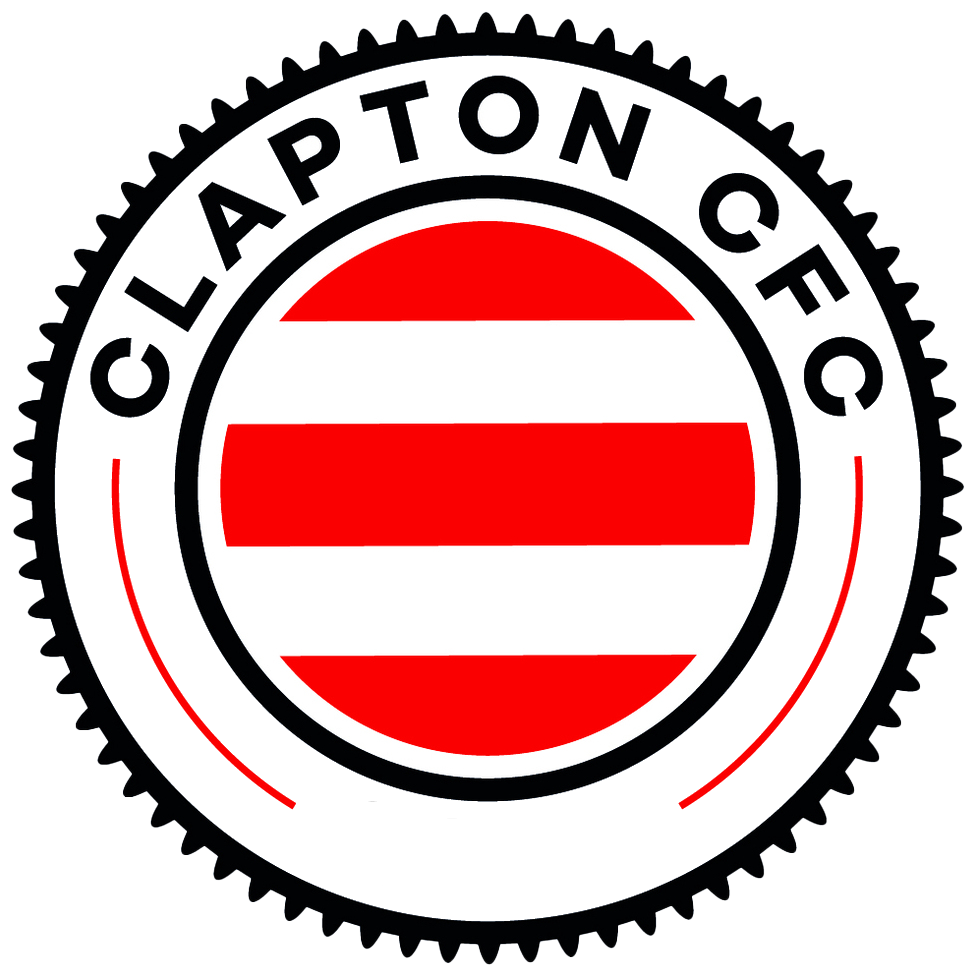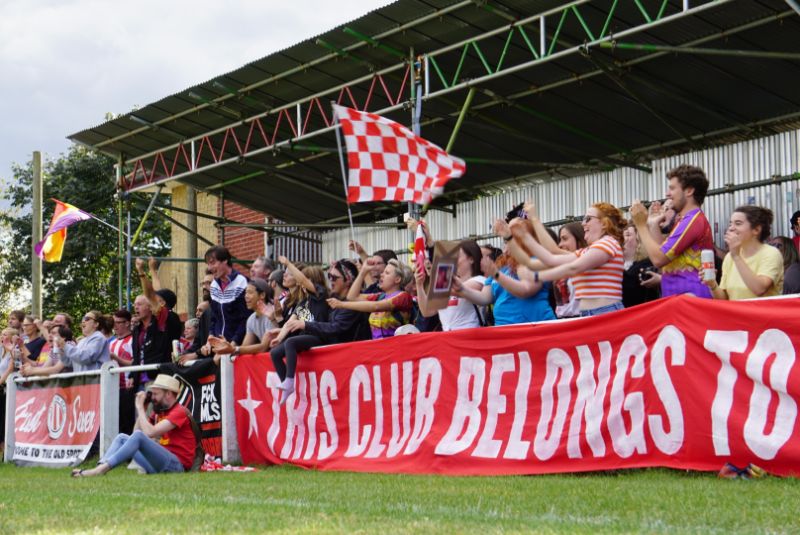There has been plenty of frustration recently that at every level of football, individual clubs and leagues sign up to policies committing them to equalities and zero-tolerance of discrimination and abuse.
But when the moment arrives when such protections are urgently needed, it turns out the promise that everyone attending or taking part in a football match has the right to feel safe is a hollow one.
Clapton CFC has an equality policy just like other clubs, but we are also experimenting with something else: our Accountability Agreement.
This is our shared understanding and collective acceptance of how we expect all club members to conduct themselves, subscribed to by everyone who joins: indeed, it is a condition of membership.
Rather than a list of behaviour that is prohibited, it focuses on how we need to take responsibility for supporting those around us, for taking on board other’s points of view and for reflecting on our own actions.
Imagine someone you know feels unable to come to matches or meetings, or to stand in certain parts of our ground or go to the bar after full time, because another member has been violent, abusive or bullying towards them?
There are many members who have experienced exactly this kind of harmful behaviour at some point in their lifetime, but even if you personally haven’t, put yourself in that person’s shoes.
Imagine how YOU would feel: fearful, desperate for others to step in, bewildered that nobody has but guilty about asking for help – or maybe worried or frustrated that others will not take your concerns seriously and anxious about the potential consequences of making a formal and protracted complaint.
Our shared Accountability Agreement says nobody should feel this isolated. No one should feel this unsafe.
It says everyone – not some complaints committee, or an officer, or the club’s board, but everyone – has an obligation to challenge harmful, oppressive or discriminatory conduct.
It means we do not leave this task to the person who is most affected, nor assume others will deal with it.
If something is wrong, we all have the authority of the entire membership to take action.
Up until now, there has been a real lack of tools available to help members to take on this responsibility, but today we are publishing our new Accountability Handbook.
This guide is intended to provide information about how you, as a member, can help to hold another member to account, either within one of the club’s committees or when attending a match or event.
The expectation is that each of our committees will primarily take on the duty of pushing for appropriate outcomes, working with both a person who has been harmed and a person who has caused harm.
However, the Handbook is also intended to provide guidance and support for individual members who feel able to take on this role.
It also explains what help the Accountability Committee can give you.
The approach we have adopted is what is sometimes called “transformative” or “restorative” justice, which emphasises healing the harm done by an offence and seeking rehabilitation, rather than simply focusing on punishment.
Our view is that people are not disposable and that includes individuals who cause harm and are part of our community.
We are made stronger by holding them to account, rather than by shutting them out without the resources to learn and change – as long as they choose to engage.
Obviously, we know that not everyone is always ready to even listen to or accept challenges about their own actions, let alone transform the way they behave.
That is why when dealing with harmful conduct, it may become necessary to establish safe boundaries and substantive consequences for different types of behaviour.
This could include ‘cooling off’ periods, temporary requests to stay away from games and socials and, potentially, even outright bans if the harm caused is serious enough.
All this is particularly tricky if it involves harmful behaviour that takes place away from the activities of the club.
We understand we cannot fix everything. Nevertheless, this is no excuse for inaction.
Any member expecting to attend a Clapton CFC event has agreed to take responsibility for their actions and if their conduct negatively affects the people around them, it hardly matters where abusive, coercive or violent behaviour takes place.
Our collective agreement also says accountability is expected of everyone working with us, whether they are a member or not.
The alternative is that we let down our Clapton CFC comrades and leave them feeling afraid, ignored and unsafe. This option would run completely counter to the ethos and values we said we would uphold when we set up the club.
We are only at the beginning of turning effective accountability into a way of solving problems arising within the club and the Accountability Committee is already looking at adding to and improving the Handbook.
It is planning to organise training on accountability for all club committees as soon as we can.
It may not work perfectly and there is still a great deal for everyone to learn.
However. if we start offering the same hollow promises as other less democratic or pioneering clubs, we lose any right to criticise others for inaction on inequalities and discrimination.
The Accountability Handbook is available here.
Contact the Accountability Committee at accountability@claptoncfc.co.uk.

